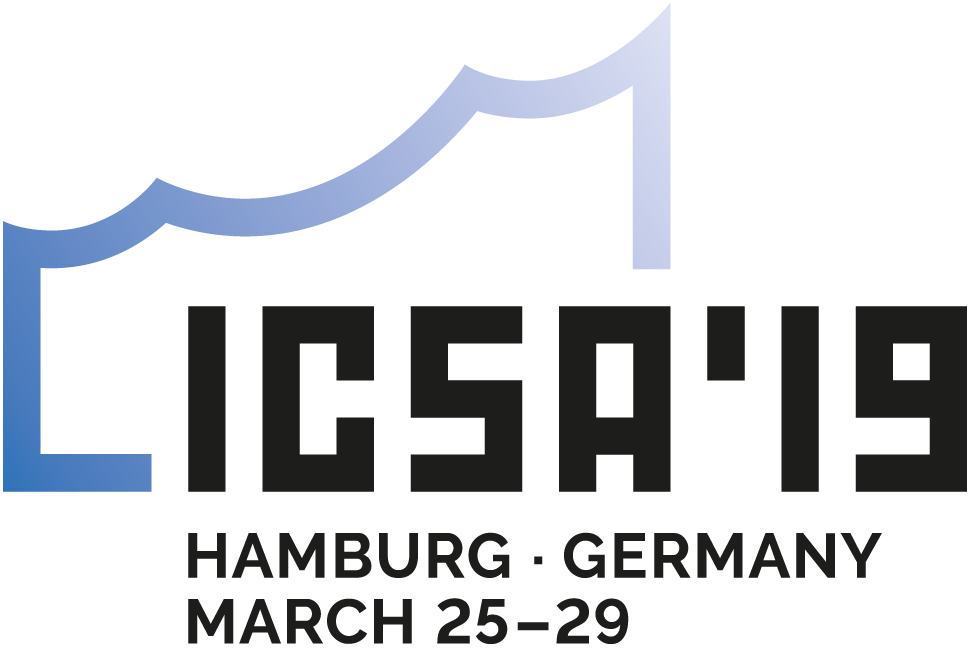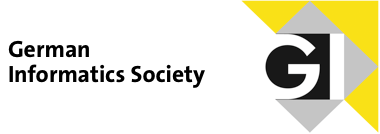We are delighted to announce that Ian Gorton will
|
4th Workshop on Continuous Software Engineering and 5th International Workshop on Quality-Aware DevOps
In order to develop and deliver high-quality products to their customers, software companies have to adopt state-of-the-art software development processes. To face this challenge, companies are applying innovative methods, approaches and techniques like agile methods, DevOps, Continuous Delivery, test automation, infrastructure as code or container-based virtualization.
These new approaches have a high impact on the specification, design, development, maintenance, operation and the evolution of software systems. Therefore, common software engineering activities, organizational forms and processes have to be questioned, adapted and extended to ensure continuous and unobstructed soft-ware development (Continuous Software Engineering). So far, there is a lack of systematic approaches to face these challenges.
The goal of this workshop is to present and discuss innovative solutions, ideas and experiences in the area of Continuous Software Engineering (CSE).
For the first time, CSE and QUDOS join forces to foster cross-fertilization and bootstrap an even bigger, stronger community around the urgently emerging topics they are both addressing from different angles.
Topics of interest include, but are not limited to:
- Foundations: DevOps Engineering & Quality Assurance Methodologies; integration with lifecycle management; automated tool chains; patterns & smells;
- Architecture: Scalability and capacity planning; scale-out architectures; cloud-native application design; microservice-based architectures; model-driven architectures; architecture evolution and erosion
- Development and Tooling: Software models and requirements in early software development phases; automatic functional and non-functional testing; languages, annotations and profiles for quality assurance; analysis, verification and prediction; optimization-based architecture design; Infrastructure-as-Code
- Operation and Maintenance: Application performance monitoring; model-driven performance measurement and benchmarking; feedback-based quality assurance; capacity planning and forecasting; performance anti-pattern detection; traceability and versioning; trace and log analysis; software regression and testing; security and privacy; software health and self-healing; containerization and immutable infrastructure
- Continuous X: Continuous Delivery and Continuous Experimentation; deployment pipelines, canary releases and partial rollouts; A/B testing; performance and scalability testing via shadow launches
- Applications and Experience: Case Studies in cloud computing, Big Data, and IoT/Edge Computing; standardization and interoperability; novel application domains, etc.
- All other topics related to quality in DevOps and agile service delivery models
SUBMISSIONS
We solicit three types of submissions: full research papers (up to 7 pages), short papers (up to 4 pages), and industry abstracts (up to 2 pages). Full research papers present original and evaluated research whereas short papers describe novel ideas, identified challenges, and especially experience reports related to the workshop’s theme.
We invite active practitioners to introduce new perspectives from real industry projects by submitting a concise industry abstract of their intended talk.
We encourage you to submit a contribution, both from academia and industry.
All submissions will be peer reviewed and judged on the basis of their clarity, relevance, and interest to the workshop participants.
Paper submissions must be in English and conform to the IEEE Dual Column format.
Papers are to be submitted electronically to the Workshop’s EasyChair paper submission system.
At least one author of each accepted paper is required to attend the workshop and present the paper. Presented papers will be published by IEEE and included in the IEEE Digital Library.


